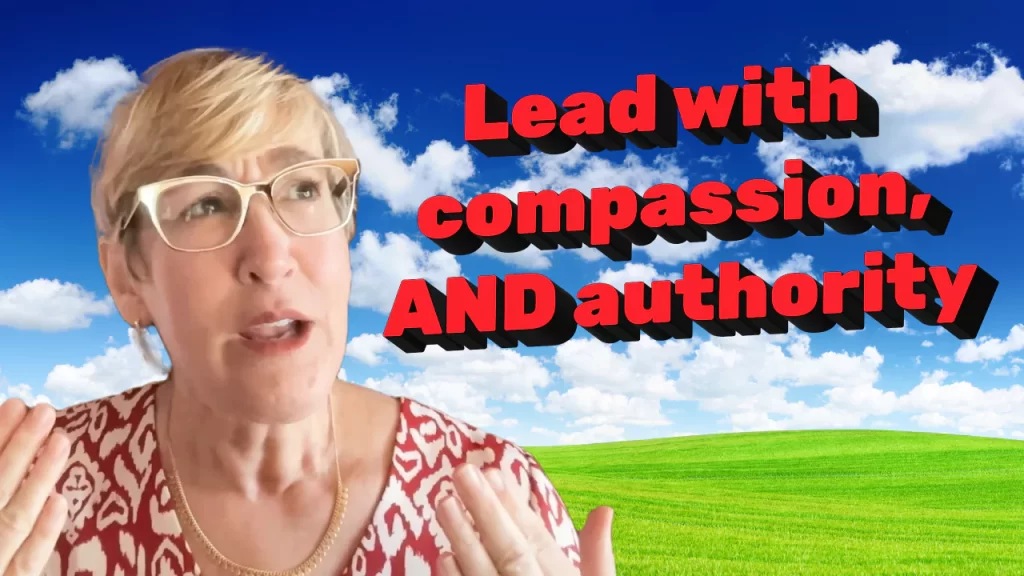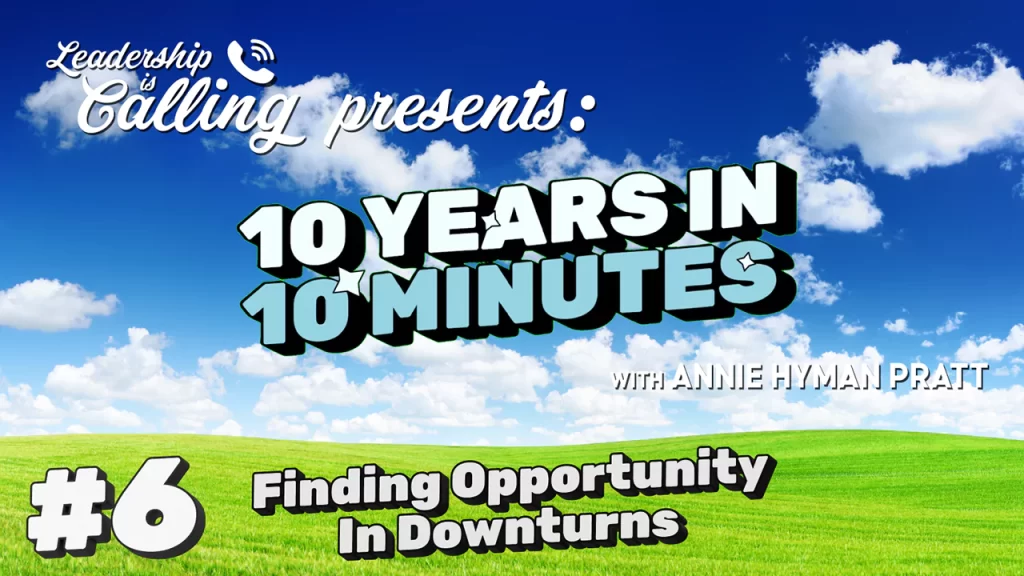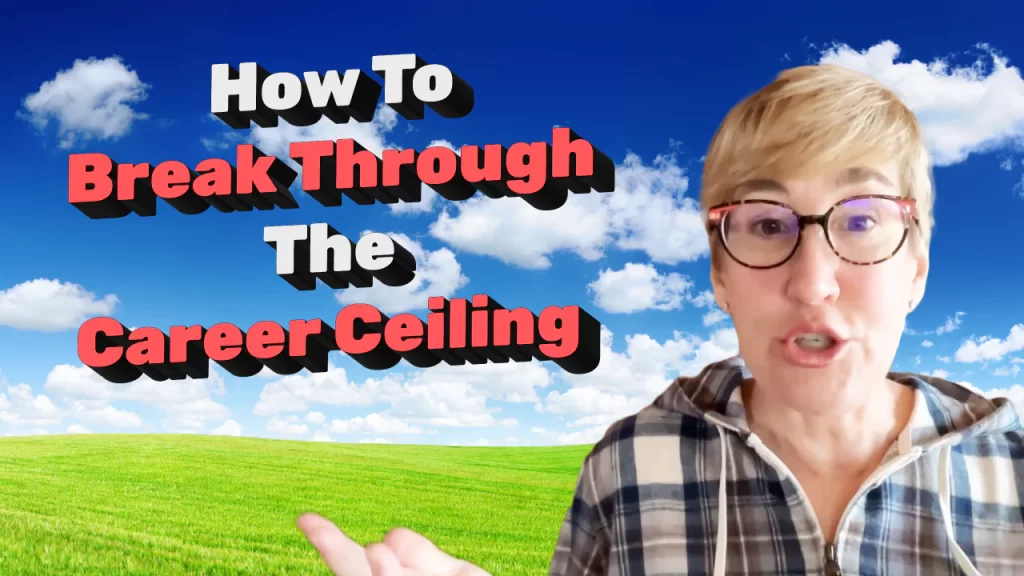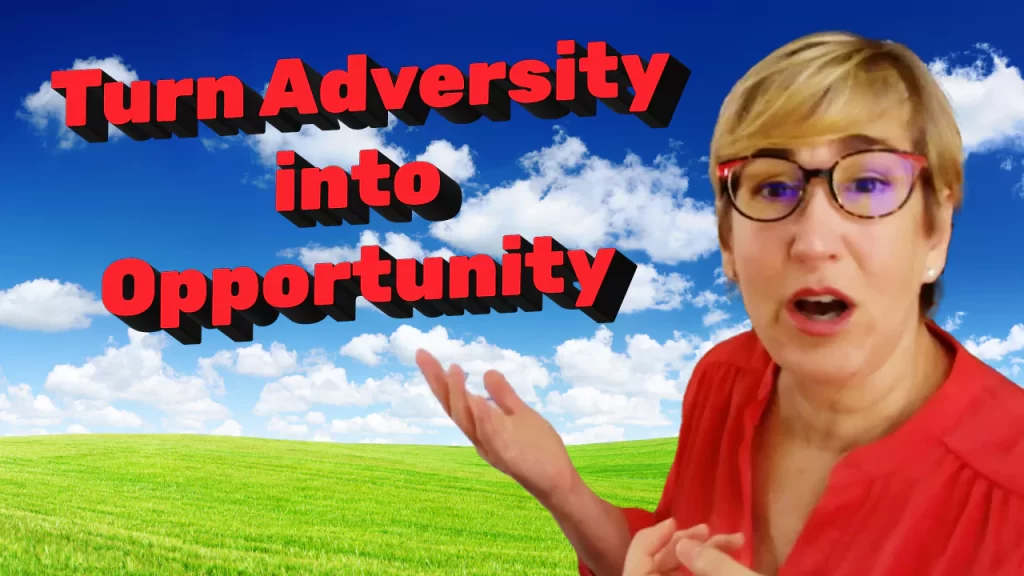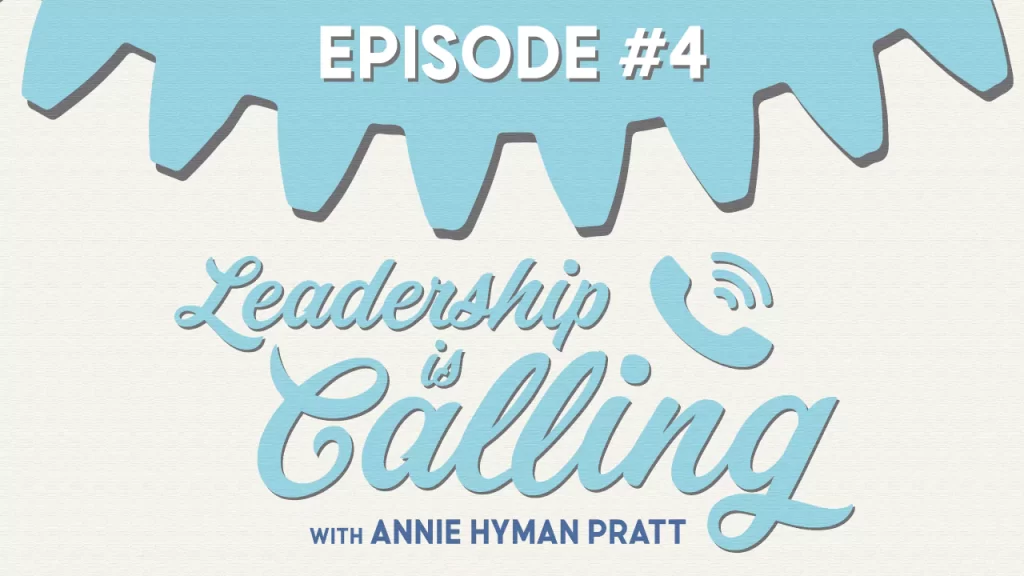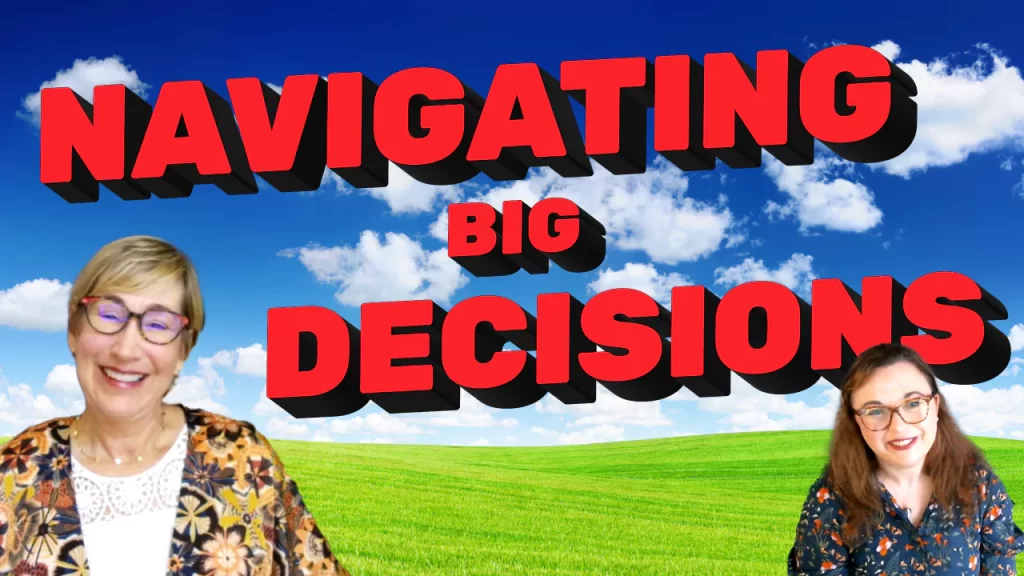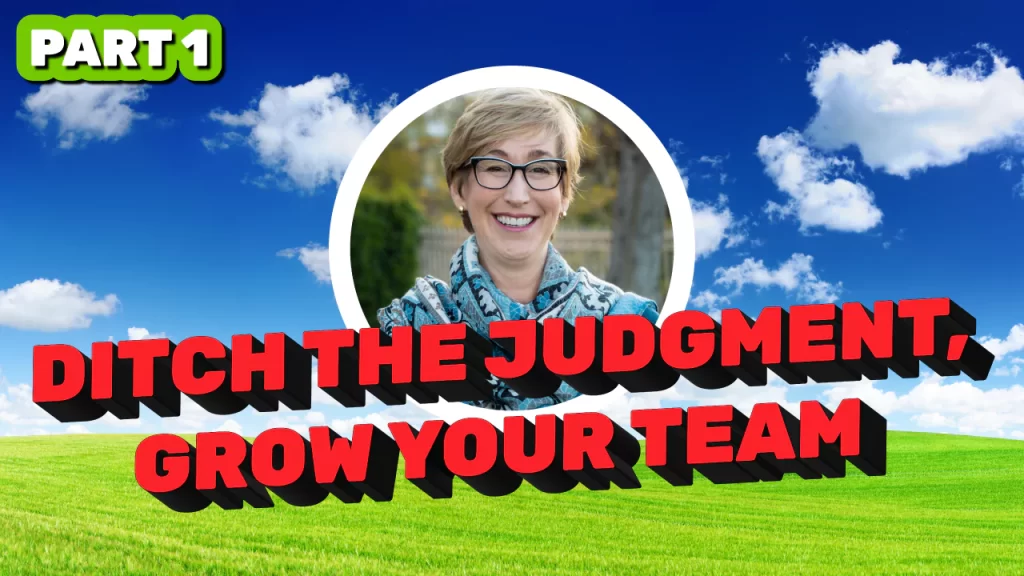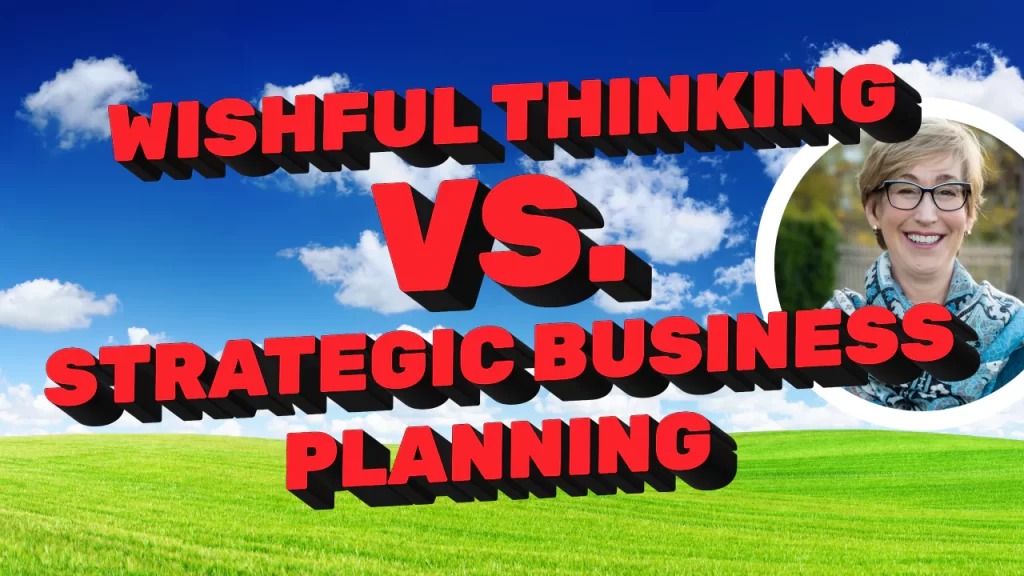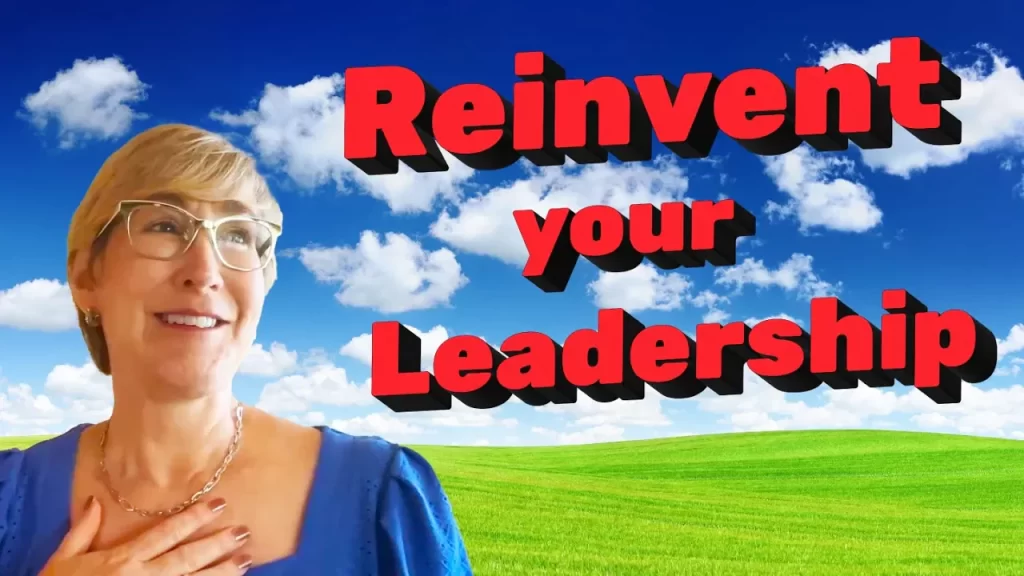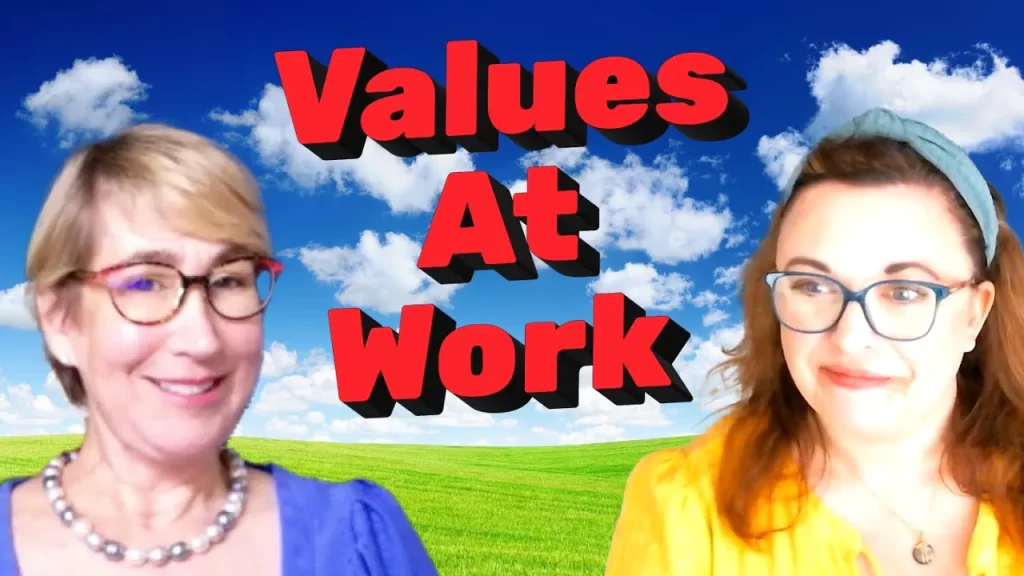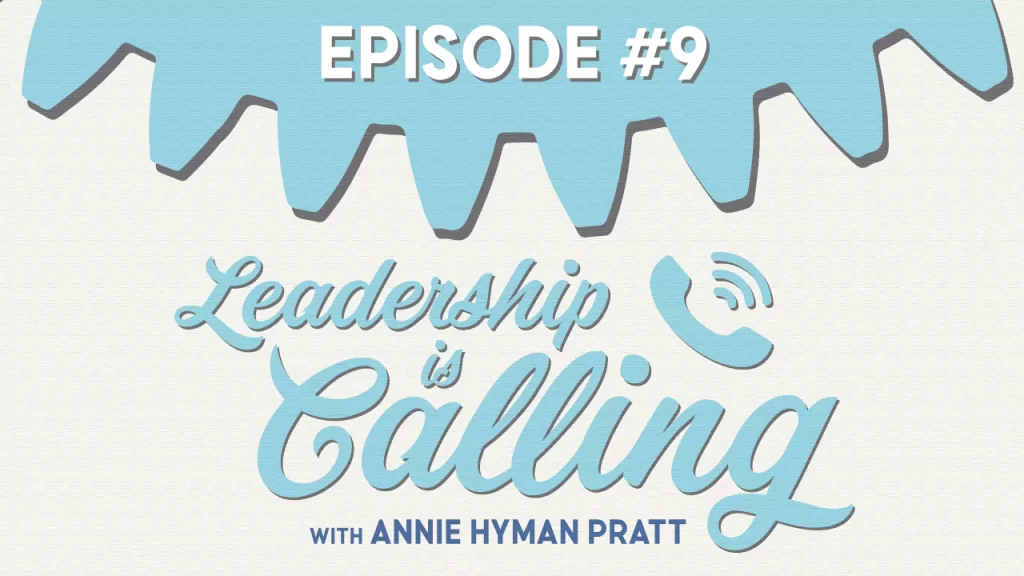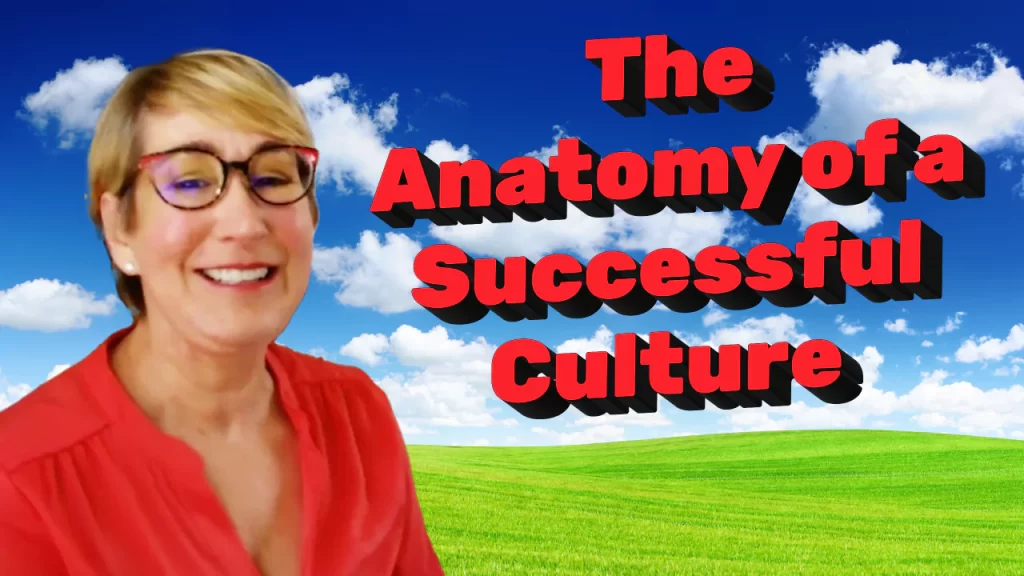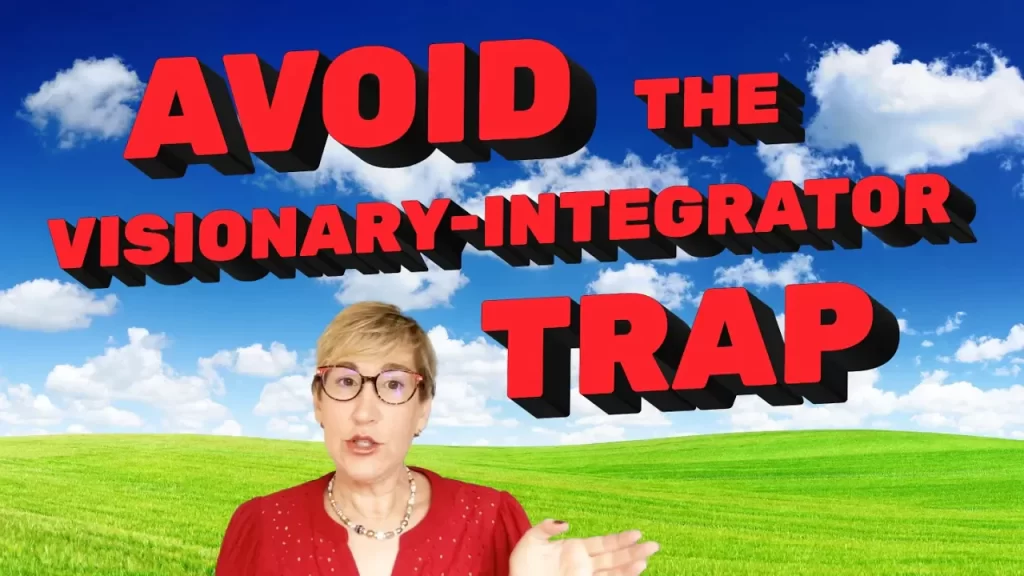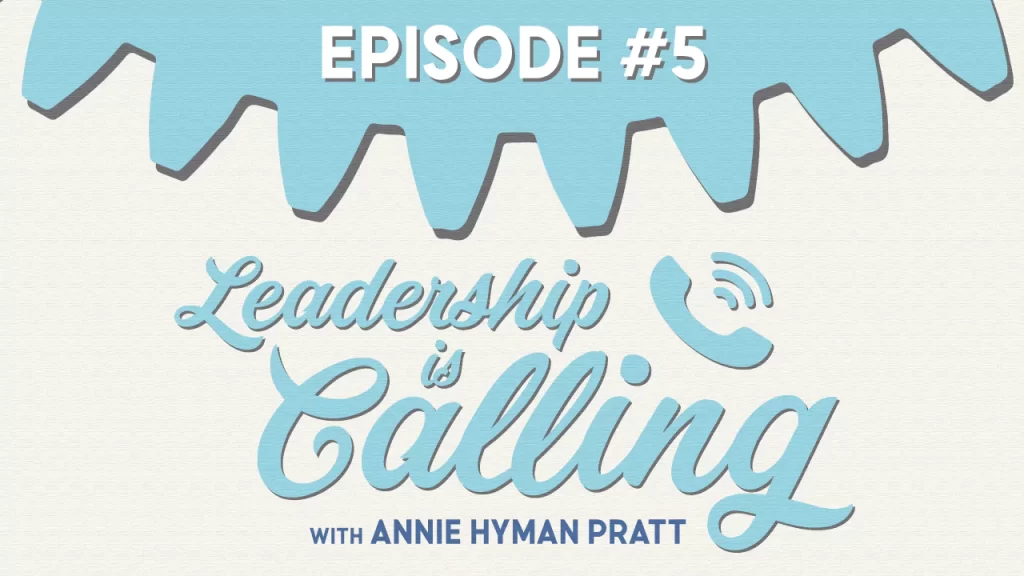Episode #20: How to Handle Mistakes and Conflict in the Workplace
Leadership is Calling Episode #20, 10 Years in 10 Minutes Series #9
Annie Hyman Pratt
- Description
- Transcript
How to Handle Mistakes and Conflict in the Workplace
“We don’t want to protect people from outcome focused tension. That’s the tension we need.” -Annie
Mistakes and conflict are inevitable in the workplace. But how you handle them can make all the difference. In this video, Annie shares some tips on how to handle mistakes and conflict in a way that is professional, productive, and respectful.
When mistakes happen, keep the focus on outcomes rather than blaming people and harming working relationships. By maintaining psychological safety and supporting each other, teams can stay focused on goals and performance despite setbacks.
Topics
- How to stay calm and collected when things go wrong
- How to communicate effectively with others
- How to resolve conflict peacefully
- How to learn from your mistakes
Key Points
- Keep tension focused on the outcome, not the relationship when things go wrong
- Relationship tension leads to blame, criticism, defensiveness – avoid this
- Support each other, face reality, stay focused on goals even when mistakes happen
- The best teams support each other after mistakes rather than assign blame
- Relationship safety enables focus on outcomes rather than tension
Related Resources
More information: The People Part
Articles: Leading Through Crazy Business Cycles | Mindfulness and Moving Through Change
Downloadable Worksheet: The CCORE Empowerment Process

Auto-Generated Transcript – unedited version
How to Handle Mistakes and Conflict in the Workplace
Hey everybody it’s Annie, and I’m back again with another 10 years and 10 minutes talk where I share with you things that took me at least to 10 years to learn about leadership and teamwork and business that I’m going to share with you those insights in 10 minutes so that you don’t need to take 10 years to get it. And today I’m talking about a topic that I think everybody here as long as you’re human will be familiar with, and that is how do you interact with people? What happens when things don’t go according to plan when things go wrong, mistakes happen, you know maybe even big mistakes that have pretty big consequences? In those situations, most people have a very strong urge to do something right then and there with that tension.
So the big thing is what do you do? How do you interact with people? How do you confront people when you’re in a space of like, oh no that is terrible that thing that happened is not good and and I want to kind of break this down into uh two types of tension that are happening. The first tension that’s happening is the outcome tension. That’s just what I’m going to call it here. It’s like the situational tension of oh my gosh the thing that we wanted to happen did not happen.
So um If This Were Sports it’d be like you passed the ball and it got stolen. So that is definitely something you don’t want to happen. So when that happens and uh and and you feel like the other person made a mistake maybe they didn’t pass it to you well maybe they you know kind of threw it away and uh easily let the other team have it you now have the tension of well wait a minute we don’t have the ball anymore like this play didn’t not go as planned and now the game isn’t going uh like we wanted it to go. That’s the first kind of tension, the tension of we didn’t get what we wanted to get, uh the outcome.
The second kind of tension is in the relationship. This is the kind of tension this is I’ll just say right off the top this is the problem area. This is the kind of tension where not only are you unhappy about not getting the consequences I mean about getting the outcome and having to endure negative consequences but you are assigning some blame some fault you know something about the other person that they should have done differently but but that you are in a place of now we have tension between us. Now I don’t think I don’t perceive you the same way I now perceive you as uh not quite good enough. I perceive you as maybe a threat to the game like what if you throw it away you know throw the ball out of the court again? I perceive you in a way that um the relationship becomes no longer secure and when I do that, when I do that and then I approach the other person that tension comes out and it usually comes out as criticism as um you know blame as a signing fault um maybe it turns into an argument and and gets defensiveness going on both sides.
And what happened at that moment is the tension that you know our, focus for the tension, now has gone away from the outcome. We’re no longer talking about the situation, now the tension has escalated into us not being secure and psychologically safe with each other. So now we’ve got a relationship problem and the issue with a relationship problem is that it’s very much uh how would I say it’s like when I am when any of us are very concerned about how a relationship is going we no longer are thinking about the outcome we can’t because the person the relationship is the immediate threat. The relationship here is now all-consuming for our uh thoughts for our focus our attention. Think about yourself in a you know in a situation something that might have gone badly and then you get into an argument or you know your the relationship starts to turn in a Way You Are constantly constantly thinking about oh my God how you know now what how are we gonna deal with this how am I going to get back to a good place with this other person?
All right, so taking a situation that goes badly and keeping it focused on the natural consequences that’s the tension you want because especially in business right business is a game of achieving goals. It’s a game of uh you know doing a lot of stuff some of it works some of it doesn’t to achieve goals and when something doesn’t go according to plan whether it’s a mistake or whether it’s with something completely out of our control it really doesn’t make any difference because we want our thoughts and our Focus directed on well what now, now what do we do next to get the result and we want the tension to be there, we want everybody to be working with reality working with the actual situation. When we take that and we move it over to when we can’t control our own emotions and we sort of give in to the feelings of uh anger hurt fear any of that stuff, when we give in to that and then we start to interact in the relationship, now we have taken our attention completely off the the good tension and now we’ve created bad tension. Now we’ve created the kind of tension where people are handy. I would think of it as like you just handicapped ourselves. Now I’m handicapped now you’re handicapped and and now we have a lot of psychological work to do to get back to a place where we are working on the game.
And it doesn’t mean that we’re not going to deal with performance issues. Okay, so let’s say that this person uh threw the ball out of the game twice, it was like the second time something when we are talking about the next play, the next plan we are going to take that into account, we may need to even pull that person from the game at that moment but it’s not personal it’s because we as you know as a coach might be leading at that moment that at that moment we need to kind of shift how the thing is going, make changes etc to get the outcome but it’s not because that person was bad or wrong. There’s a million things that happen in any situation that it’s never that black and white, what’s it’s you know it’s like uh you know um it could be that uh the rest of the team didn’t you know didn’t do the rest of the play properly and it left this person uh with everybody guarding her and so she threw it all the chords. I don’t know I actually don’t know, uh, I don’t I don’t play basketball so I don’t totally know how exactly that happens but I get to watch it a lot with my family and I think it’s a great metaphorical game anyways.
Um, so we want the outcome tension we don’t want the relationship tension. So my big big encouragement is to start realizing that when you get triggered and when you are going to interact with somebody and either be defensive, and defense defensiveness is just the reverse of blame, defensiveness is basically saying I’m all good here I’m not the one at fault and if I’m not the one at fault it must be you. Doesn’t even have to be about the situation, it could be just that you know like the other person is now at fault for uh coming with a criticism and that dynamic is just tragic.
So so we want you to recognize that before it happens that this relationship, that what we’re going for in a relationship for people to feel psychologically safe, that they feel the relationship is secure, and what that means, what that means is I feel safe and secure in knowing and believing that you won’t throw me under the bus, you won’t blame me criticize me, you won’t abandon me, you won’t do things that hurt my me or my well-being for your benefit or even for just your you know emotional um relief. We need to trust each other that we will play this game and be focused on the outcome. And you know if you are a a sports person I think you can see more and more over time how the best coaches and the best teams are the ones that are very much in reality and boy are they supportive of each other even when somebody messes up terribly because doesn’t work it doesn’t work to go to a place of putting the relationship in a you know taking the safety out of the relationship.
Then we no longer have a team and we no longer have you focused on the outcome and all of that is terrible for business. So the kind of tension we want is for you to be supportive of other people and all of you facing reality at the same time, all of you going for the outcome at the same time. We don’t want to protect people from that tension. That tension we need and uh I hope this was helpful and I look forward to seeing you again soon.
To learn more about this episode’s topic pick up a copy of my book The People Part at your favorite book retailer.

